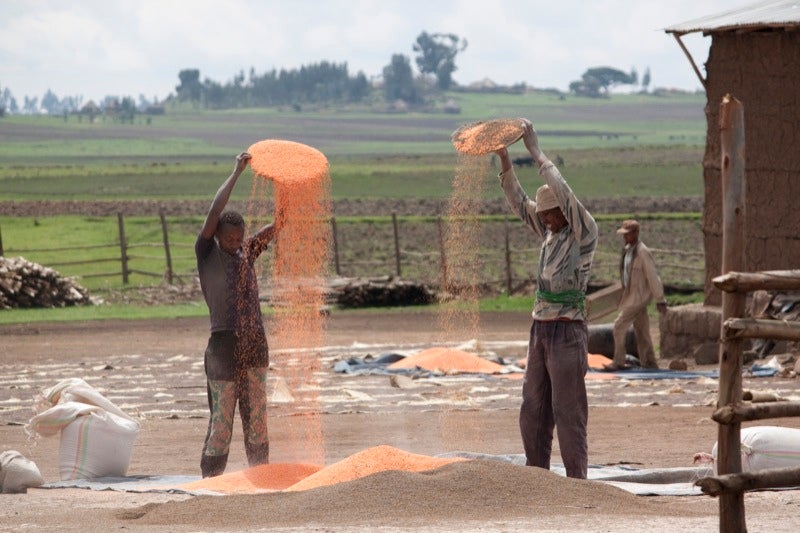Adaptation
We are working to develop solutions through ADAPTATION by reducing our vulnerability to a changing climate. Through our work addressing modern-day water challenges, climate-related impacts to our food systems, coastal resilience, and international work on government leadership to address these challenges, EEP is engaging in climate policy to prepare us for a changing world.











